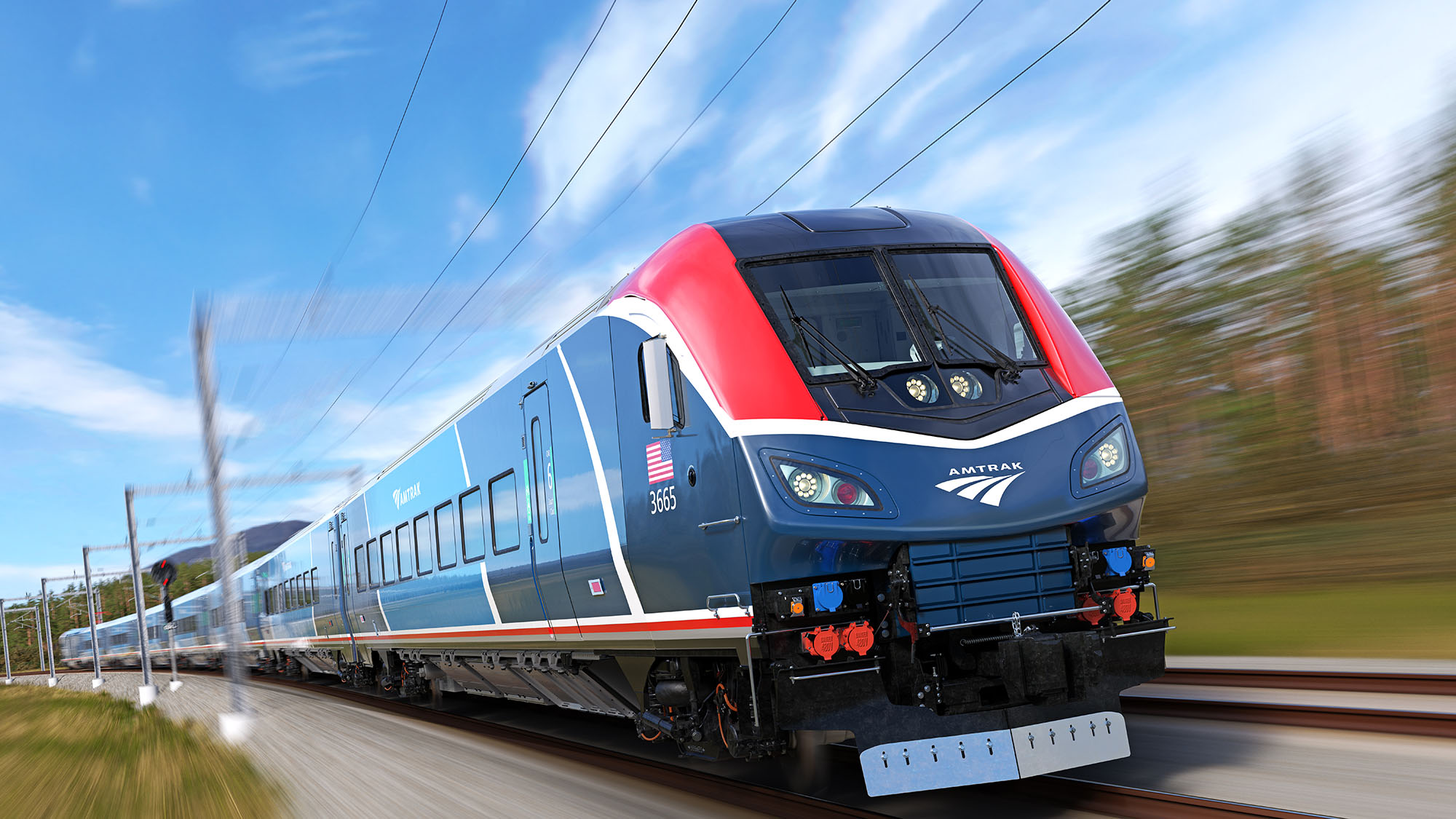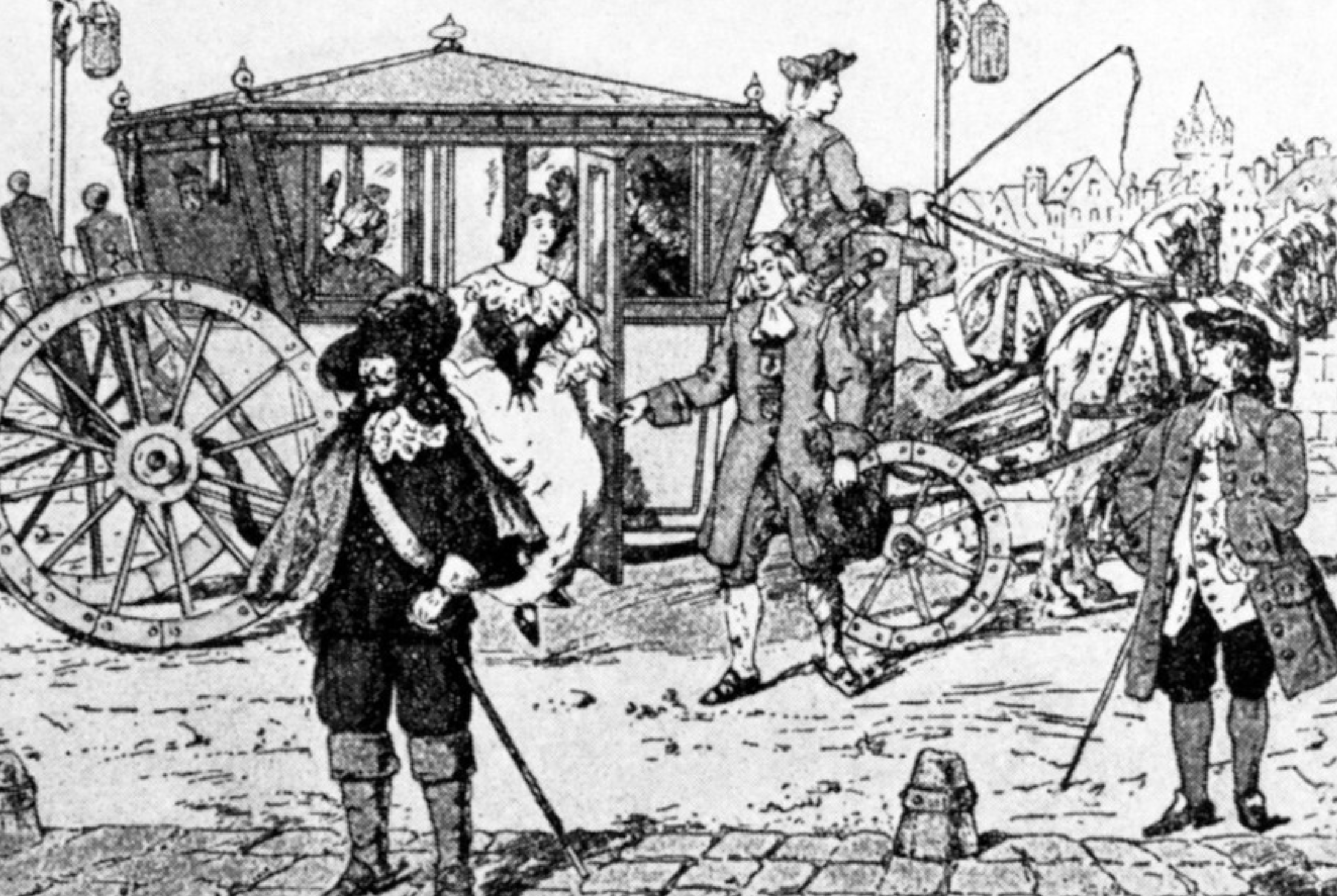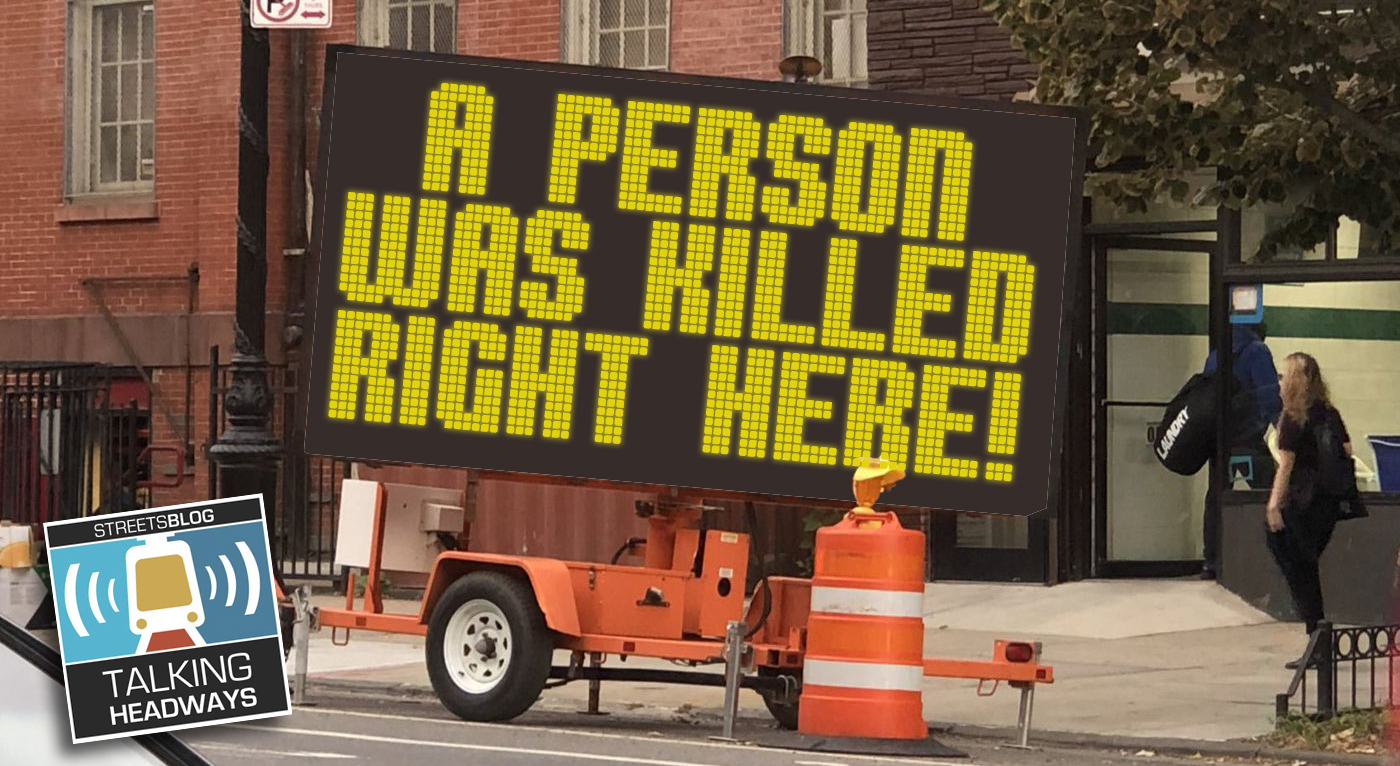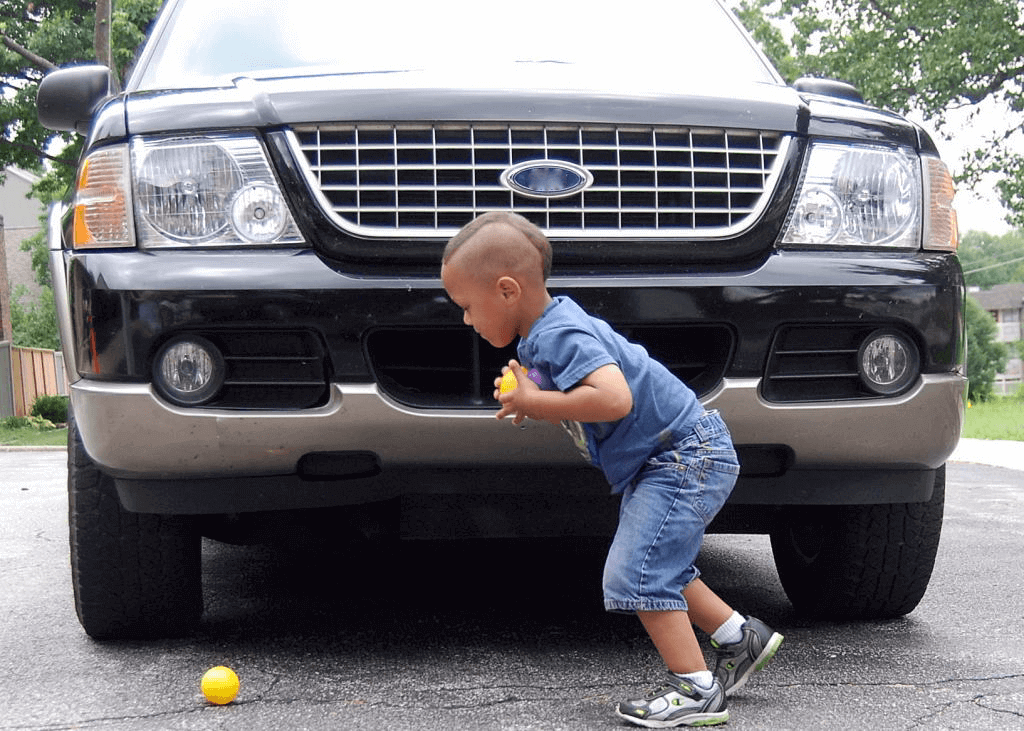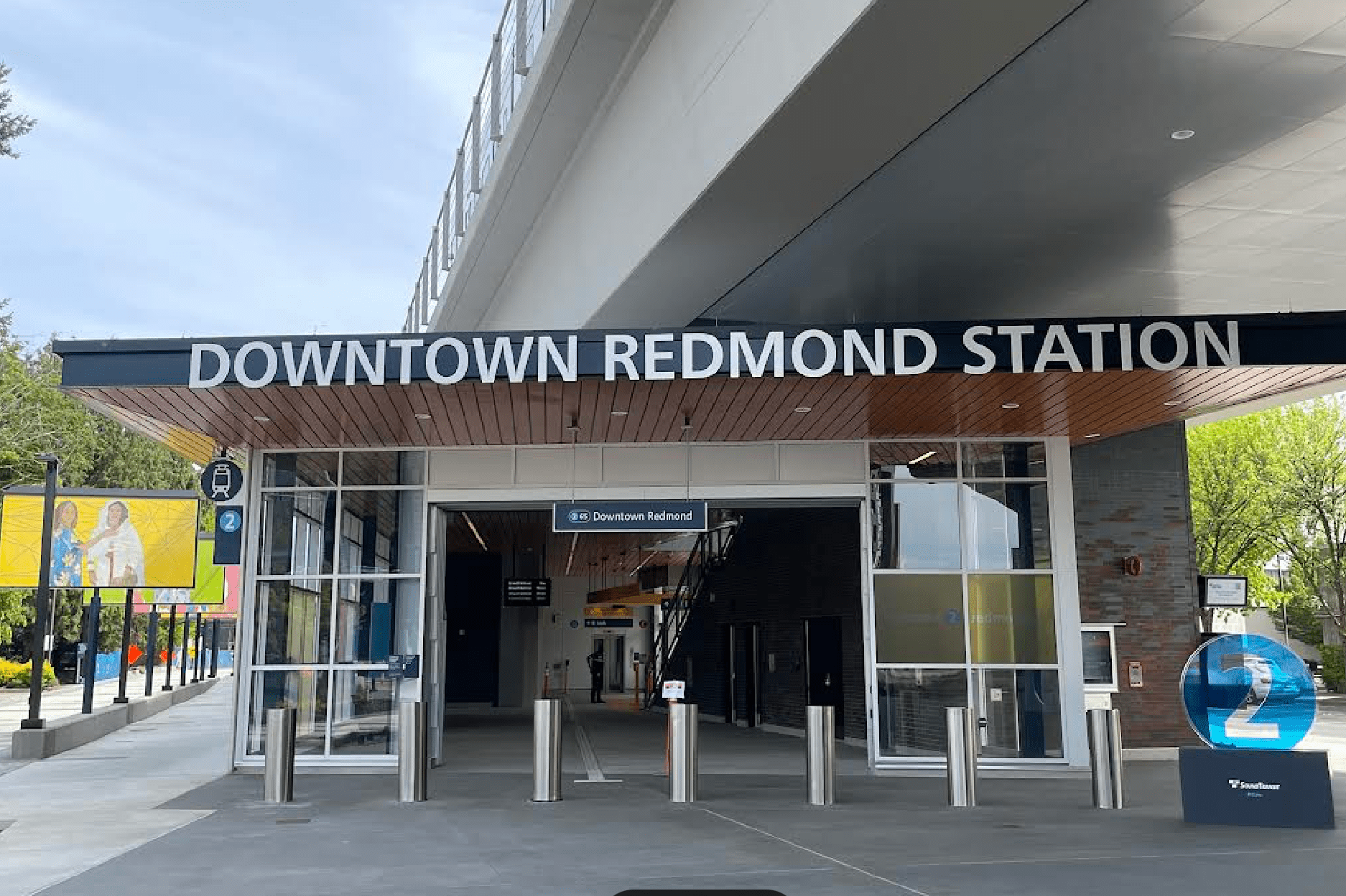For decades, researchers going back to Robert Putnam have drawn connections between total leisure time and individuals' level of political and community involvement. New findings published in American Politics Research say the amount of time spent commuting is especially important in determining whether Americans vote, take part in political campaigns, and otherwise engage in politics.
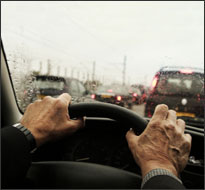
Researchers Benjamin Newman, Joshua Johnson, and Patrick Lown examined survey data from 590 working adults. Overall leisure time, they found, was actually not a very good determinant of political involvement. For example, part-time workers were no more likely to vote or otherwise participate in politics than those who worked full time. In fact, those who worked the longest hours were among the most likely to be politically engaged.
Rather than focus on what activities take the most time, researchers explored which activities drain individuals of the most energy that might otherwise be devoted to political behavior. They found that long commutes were actually far more exhausting than working.
"Time spent commuting," they wrote, "involves a higher degree of depletion of psychological resources and incurrence of negative emotions than time spent on the job."
The results were not consistent across socioeconomic groups. Newman and his research team found that the effect was most pronounced in workers who make less money. Those who earned higher incomes actually skewed the opposite direction: They were more likely to vote and participate in politics the longer they commuted.
Researchers theorize that higher-earning workers were better able to shake off the stress of long commutes. They might have more comfortable cars. They can eat out if they get home late. And they're more likely to listen to the news while commuting -- a factor that might have something to do with their increased political involvement.
The researchers speculated that higher transit use among people with lower incomes might add stressors like overcrowding and noise -- but, they noted, "higher-income commuters are no less dissatisfied or frustrated with their commuting than low-income commuters."
Newman and his team say their findings should worry us as a society. Lower political and civic engagement among people who make less money and have long commutes translates to less political power for those who already have too little. It means that job sprawl and poor transportation options end up costing them a voice in their own communities. And their lower participation rates could very well have an impact on who ends up getting elected to public office.
Wrote the researchers: "The societal processes increasingly forcing commuting on individuals, and leading to longer commuting times, are working to further distance an already weakly active and often marginalized segment of the populace from the democratic process."
